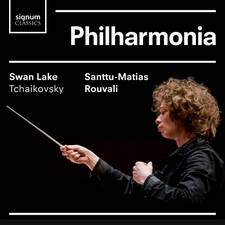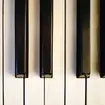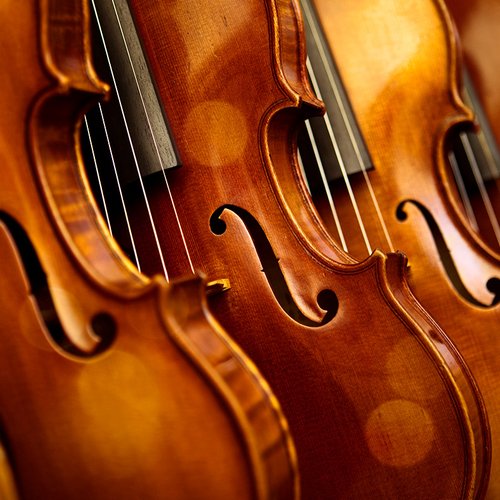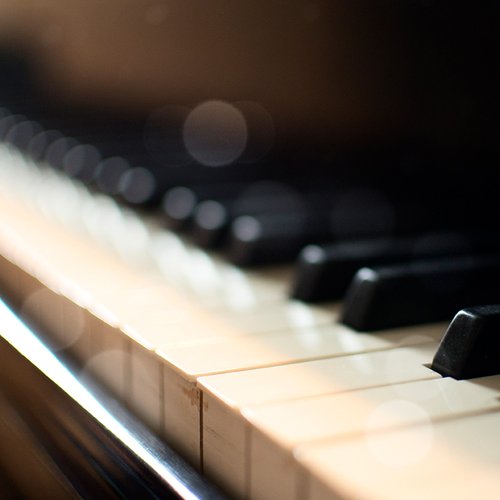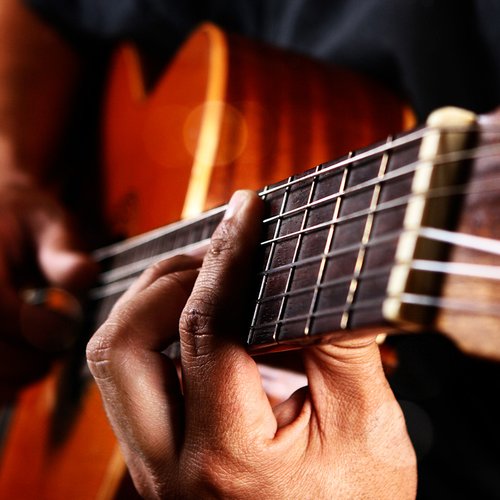When Paul McCartney asked an English trumpeter to play the painfully high ‘Penny Lane’ piccolo trumpet solo
18 June 2024, 16:32
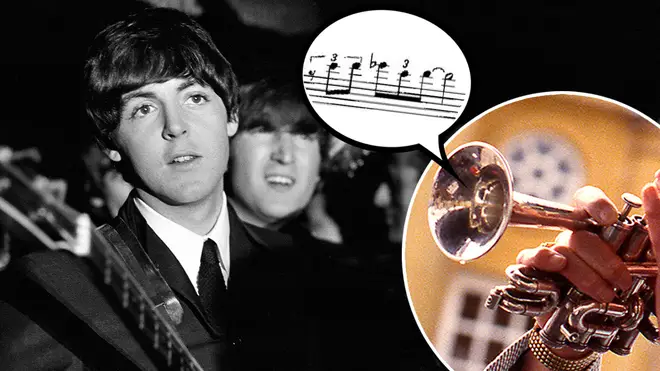
Paul McCartney was watching TV, saw a trumpeter playing a Bach Brandenburg Concerto on screen, and next minute invited him to play on one of the Beatles’ biggest hits.
Picture this. Paul McCartney, watching TV in a most ordinary scene, and happening across footage of the English orchestral trumpeter David Mason performing a Bach Brandenburg Concerto. So inspired, he becomes, that he knows he just must invite him to play on a new Beatles song he’s percolating on.
That’s how the story of the notoriously high piccolo trumpet solo on ‘Penny Lane’ starts.
Vocalist McCartney was looking for something to embellish the jaunty 1967 English pop song, so when he heard Bach’s Brandenburg Concerto No. 2 in the hands of the virtuosic Mason, he’d found just the colour the Fab Four didn’t even know they needed.
The next day, the story goes, Beatles producer George Martin (AKA The Fifth Beatle) had called the unsuspecting trumpeter, and invited him to record at Abbey Road Studios with the most famous band in the world.
Read more: When Leonard Bernstein sang the Beatles to teach the ‘mixolydian’ mode

The Beatles - Penny Lane
Mason, who played with the Philharmonia Orchestra and the Royal Philharmonic Orchestra for a living, later told The Bath Chronicle, “I did not even know who the Beatles were when I was asked to do a recording session with them. For me it was just another job.”
Modest Mason headed to the hallowed Abbey Road Studios on 17 January 1967 and didn’t take long to lay down the embellishment that the sofa-splayed McCartney had dreamed of in front of that TV. It did take a bit of trial and error first though.
“I took nine trumpets along and we tried various things, by a process of elimination settling on the B flat piccolo trumpet,” Mason said.
“We spent three hours working it out: Paul sang the parts he wanted, George Martin wrote them out, I tried them. But the actual recording was done quite quickly,” he continued.
“They were jolly high notes, quite taxing, but with the tapes rolling we did two takes as overdubs on top of the existing song.”
Read more: 15 pop songs you didn’t know were inspired by J.S. Bach
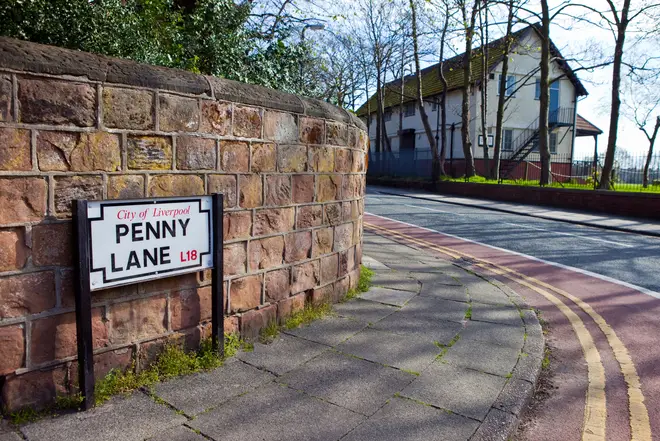
The piccolo trumpet is so high, naturally, that people who weren’t there, mistakenly believed that Mason’s track had been artificially pitched up, to make it sound higher.
“I read in books that the trumpet sound was later speeded up but that isn’t true because I can still play those notes on the instrument along with the record,” the trumpeter himself recalled.
Read more: Definitively the greatest key changes in all pop music
The lyrics of Penny Lane refer to a real street (see above) in Liverpool, where the Beatles hailed from, and mention of the sights and characters that McCartney remembered from his childhood.
Mason later contributed to several other Beatles’ songs, including ‘Magical Mystery Tour’ and ‘All You Need Is Love’.

St. George Quintet - The Beatles - Eleanor Rigby
Who was English ‘Penny Lane’ trumpeter, David Mason?
David Mason was an English trumpeter, who spent his career playing as an orchestral, solo and session musician.
He was born in London and studied at the Royal College of Music before performing in the Scots Guards, Royal Opera House orchestra, the Philharmonia Orchestra (Classic FM’s Orchestra on Tour), and the Royal Philharmonic.
Mason became a part of classical music history when he performed as the flugelhorn soloist for the world premiere of Vaughan Williams’ Symphony No. 9 in April 1958.
He passed away in 2011 at the ripe old age of 85, and not before being remembered for his incredible orchestral and solo career – and for being the legendary trumpeter who played all the right high notes with the Beatles. Bravo.
